- Ensure all known allergens are kept to a minimum such as feeding hay off the ground to avoid ground dusts and Molds.
- Briefly soak hay (by fully immersing it in water), this can be as quick as submerging and then hanging up a hay net. This will greatly reduce inhalation of dusts and Molds.
- Identify paddocks with certain trees (for example pine) that may be causing a pollen allergy and shift to a more distant paddock when this pollen is active i.e.: over the spring months.
- Identify flowering grasses (with flowers and seed heads) i.e.: daisy, dandelion etc. When these grasses are in flower, where possible graze your paddock first with other livestock to eat the flowering grasses, before putting your horse in the paddock.
- Graze your horse on grass that is at least a few centimetres in growth to avoid inhaling the dust from the ground.
- Clean out the nose regularly. When grazing pasture, also consider a nose net to filter pollens and other allergens.
- Ensure if your horse is yarded or stabled, that it is well ventilated and that any bedding is not dusty. There are a few new products to the market that offer dust free.
- If your horse has a sudden episode where he/she is having some respiratory issues, make sure you write any changes that you notice in the environment such as hot and dry, windy, drought conditions, new hay, different feeds, rode that day in a dusty arena etc, so you can have a quick reference point to narrow down what may be causing your horses respiratory discomfort.
When urgent veterinary attention is required
Allergies generally get worse if the horse’s exposure to the allergen is not reduced. Pollen-Ex is helpful in calming symptoms and supporting the immune system. However, urgent veterinary attention is recommended if your horse shows signs of wheezing, asthma or has difficulty in breathing.
Herbal remedies do not replace veterinary care. If any symptoms persist, please consult your veterinarian.

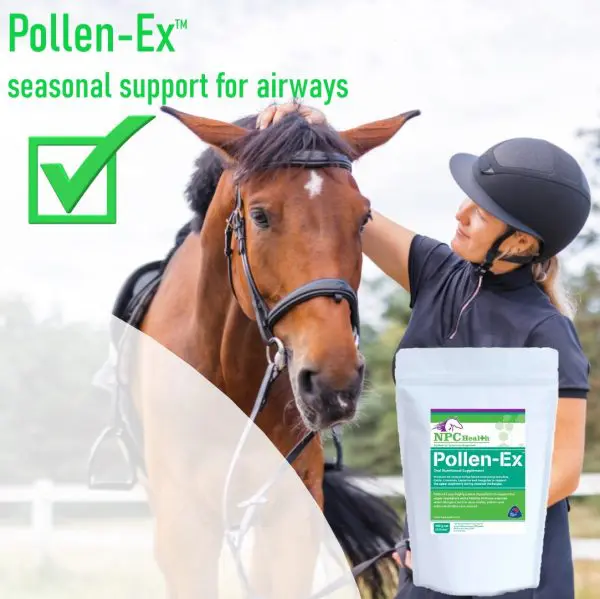
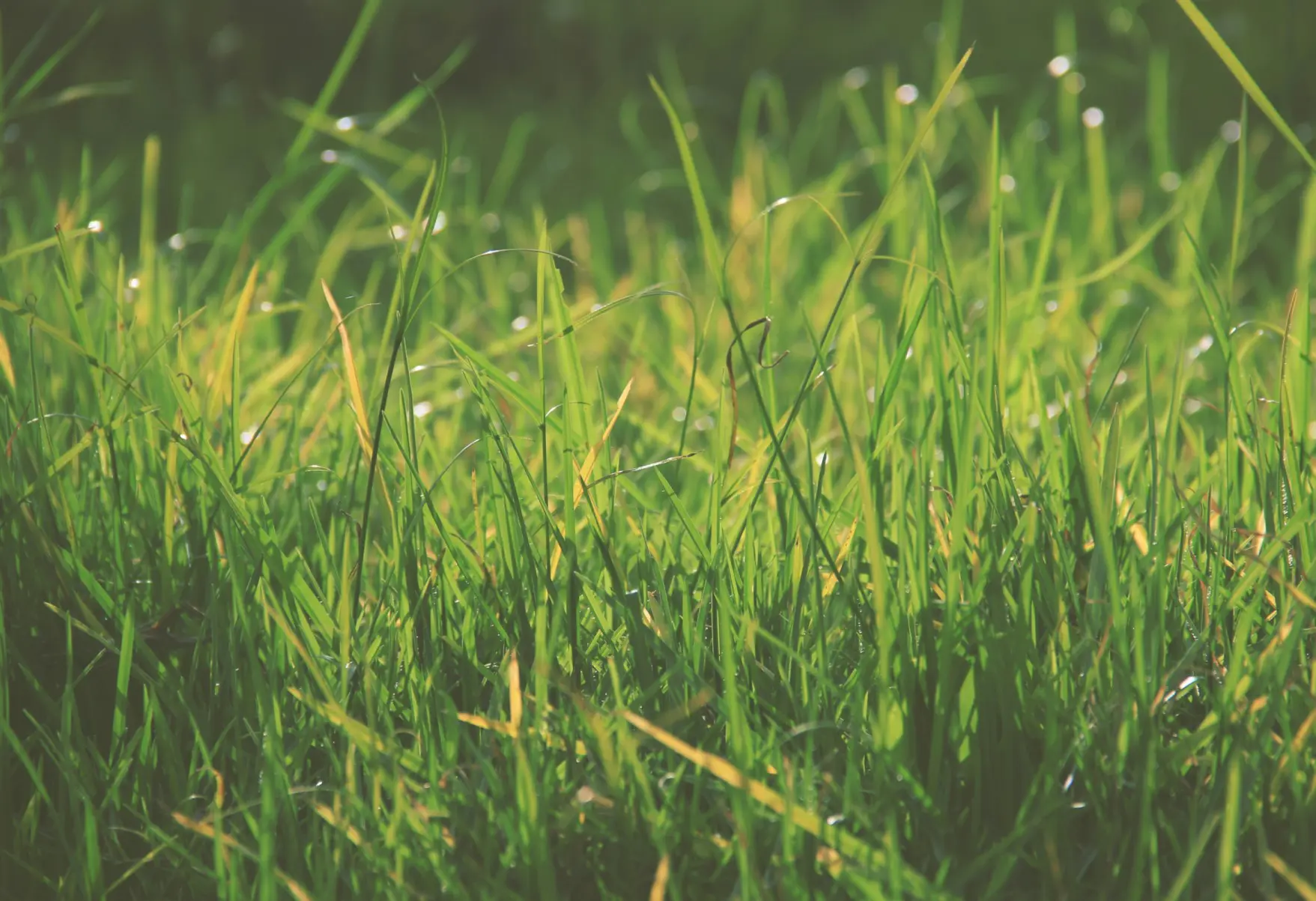
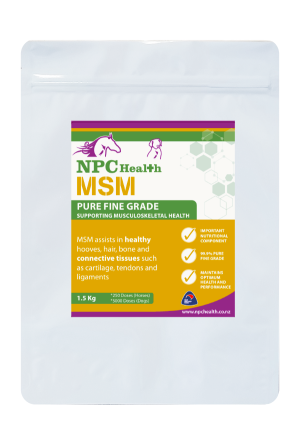

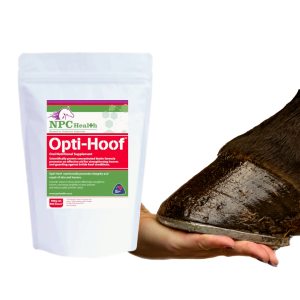
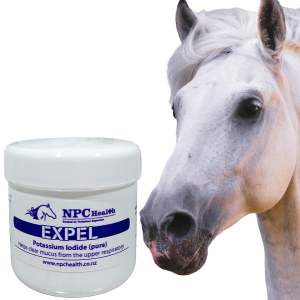
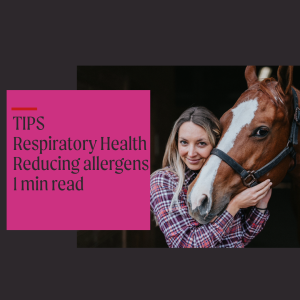
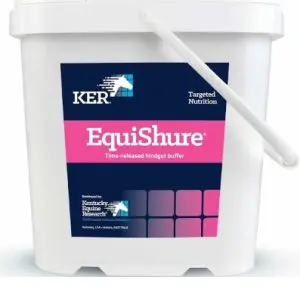
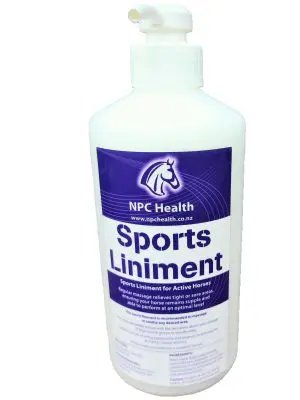

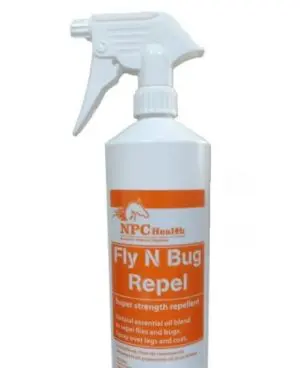
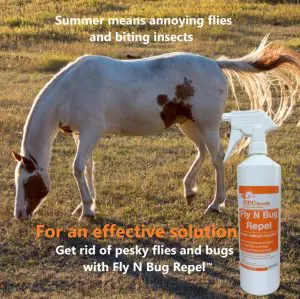
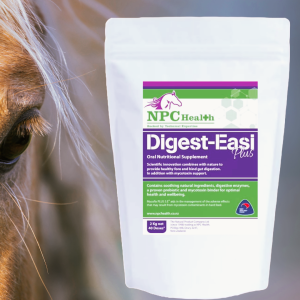
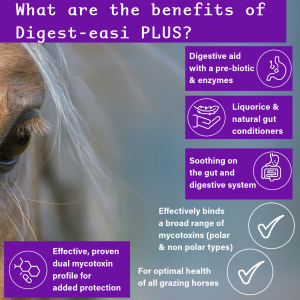
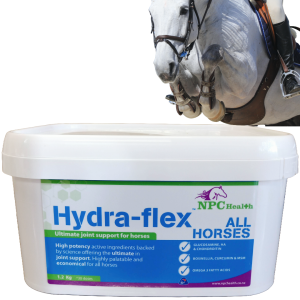
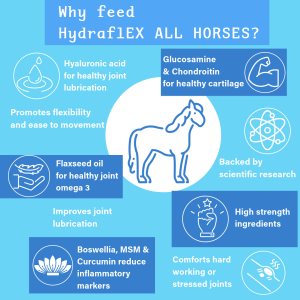
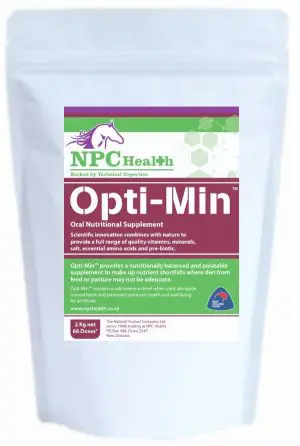
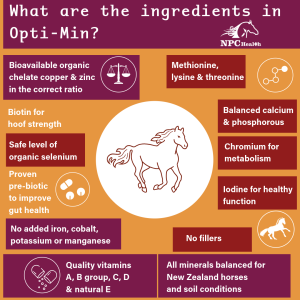
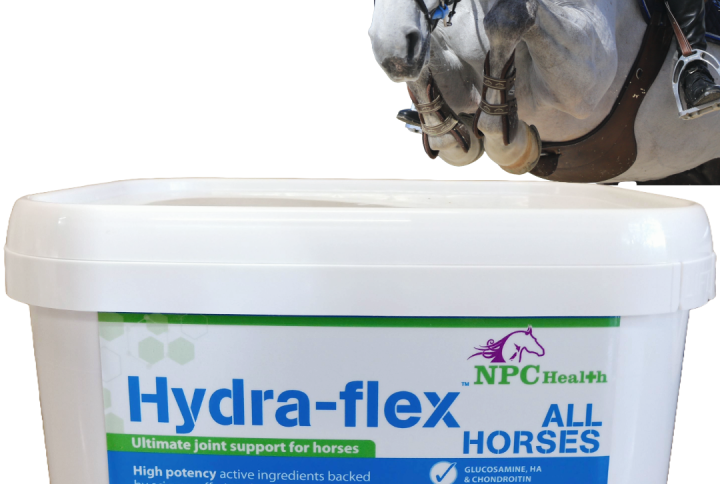
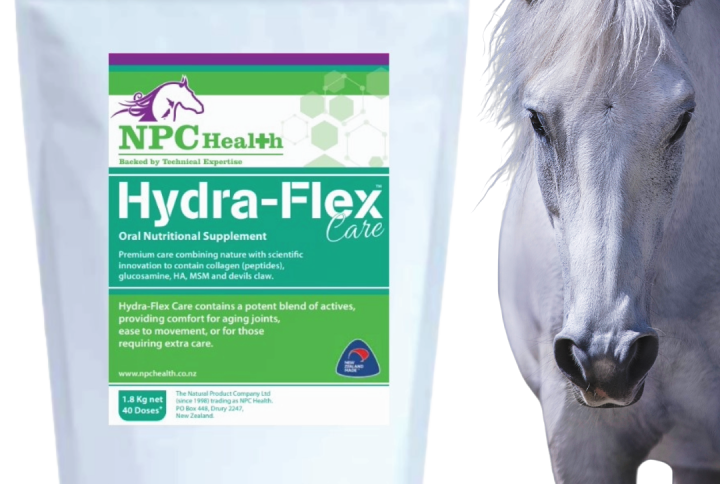
Reviews
There are no reviews yet.